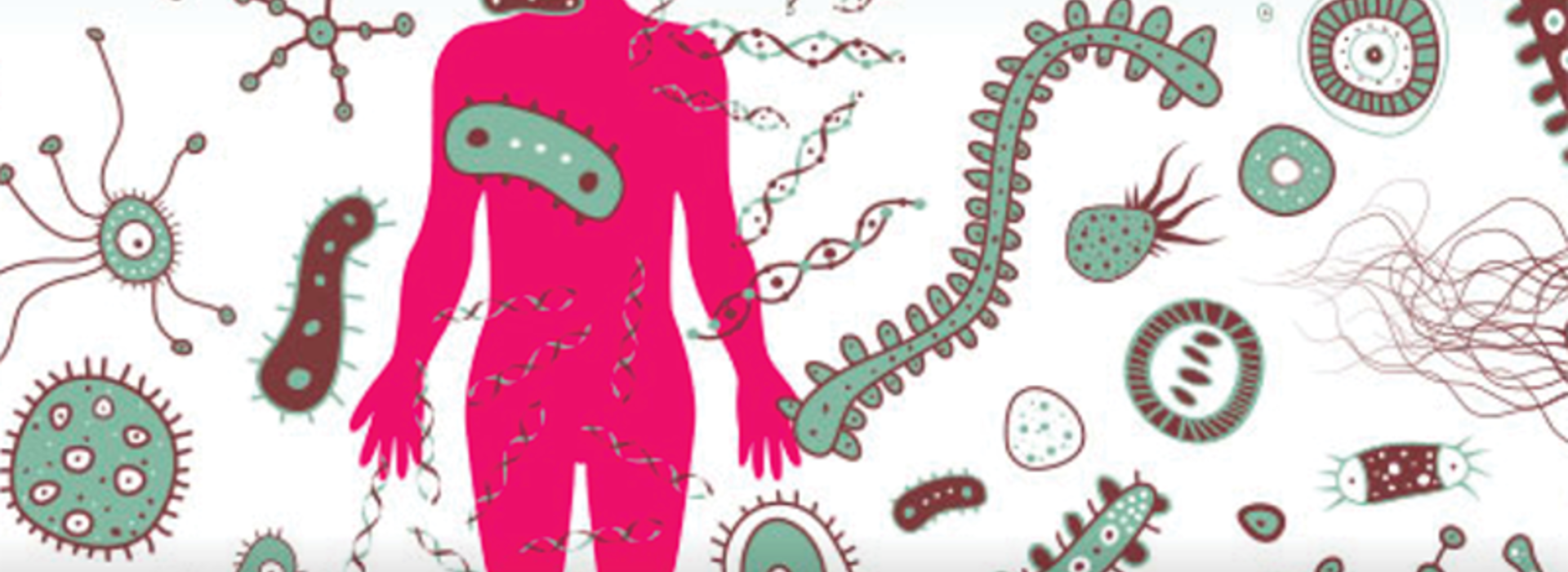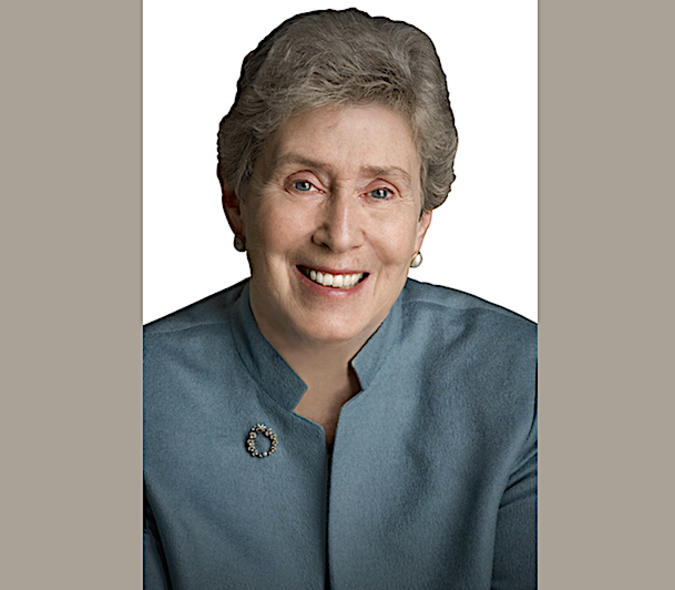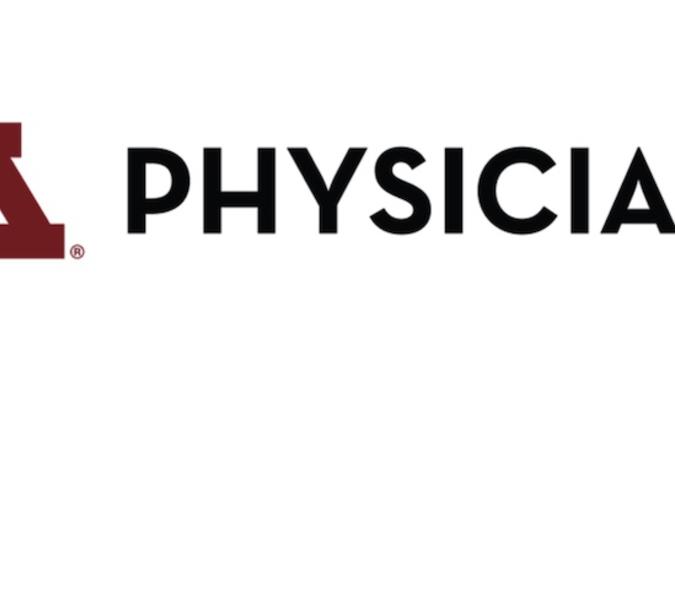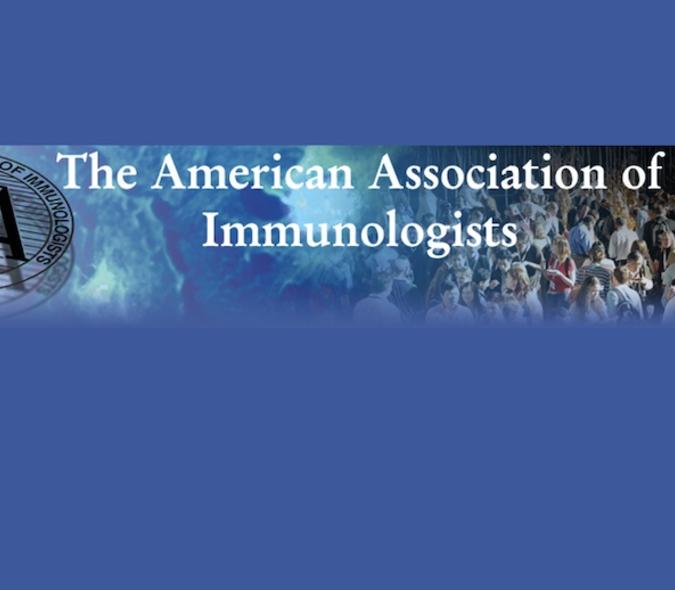
Minnesota Cohort Study Targets Multigenerational Health and Disease
The Masonic Cancer Center’s 10,000 Families Study (10KFS), launched two years ago, is enrolling 10,000 Minnesota families with young children, their parents, siblings, and grandparents. Its goal is to understand how genetics and shared habits contribute to health and disease because health, diseases and risk factors can run in families through many generations.
The department’s Advanced Research and Laboratory (ARDL) is serving as the central laboratory for the study under the direction of LMP associate professor Bharat Thyagarajan. ARDL is analyzing blood, saliva, stool, urine, RNA, and hair/nail sample, with amounts collected from study participants depending on their age. No blood samples are being collected from children age 11 or younger, and no urine samples from children age 7 or younger. Family Health Fairs have been organized to collect biospecimens and a range of physical measures from study participants.
“ARDL’s extensive experience in coordinating biospecimen collection, processing, storage and biomarker analyses for large multi-center studies was very useful in helping us develop biospecimen protocols for 10KFS that could be applied to a variety of field settings,” Thyagarajan said. “The protocols include those for mailing biological specimens, collecting biospecimens in a clinical setting, and obtaining biospecimens from participant’ homes.”
The 10K families cohort study of Minnesota families offers a unique opportunity for public health research, according to Thyagarajan and his 10KFS faculty colleagues. Minnesota has a substantial minority population including Somali and Hmong that is not well represented I national studies. The state also has rural/urban differences in environmental exposures and health disparities that need to be better understood for them to be addressed. University faculty involved in the study see opportunities for translational research, faculty recruitment, and participation in multigenerational health studies consortia at the national level.



